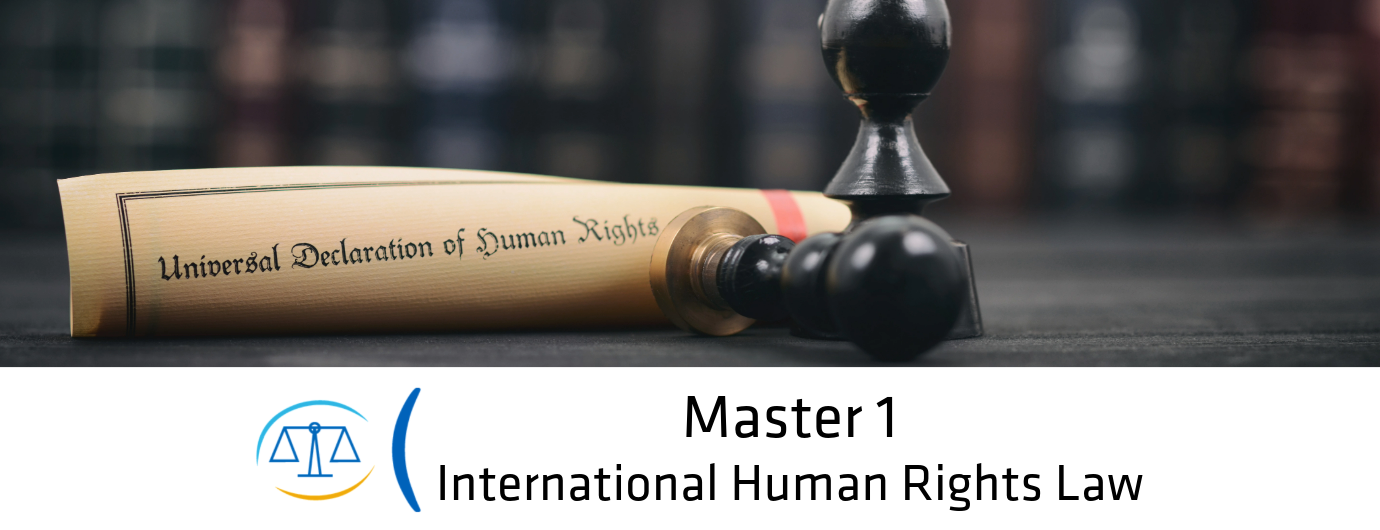
The "International Protection of Human Rights" course is meticulously designed for students eager to delve into the complexities and nuances of international human rights law. This course stands as a beacon for those who aspire to comprehend and contribute to the safeguarding of human rights across the globe.
Requirements:
To thrive in this academically rigorous environment, students must be proficient in English, as the course necessitates engaging with legal and political analyses published in esteemed academic journals. A foundational understanding of international law, while not mandatory, will greatly enhance the learning experience.
Organization:
Spanning 20 hours, our journey through the realms of human rights protection is structured into 8 sessions, each lasting 2 hours and 30 minutes. This format is dynamic, accommodating the potential for hybrid or virtual sessions to ensure inclusivity and accessibility. Sessions will be led by either Prof. Hennebel or Prof. Tigroudja, tailored to the thematic content of each meeting.
Language:
The medium of instruction and discourse will be English, promoting a diverse and inclusive academic environment.
Assessment:
The evaluation methodology encompasses a written examination featuring multiple-choice questions, true/false statements, and short answers. This approach is designed to test your comprehension and ability to critically engage with the course material.
Description:
At the heart of this course is an exploration of the pivotal issues that animate the theory and practice of international human rights law today. We aim to provide a comprehensive overview of the mechanisms and challenges inherent in the international law framework dedicated to the direct protection of humanity. Through critical reflection on the evolution of international human rights law, and an introduction to its mechanisms at both universal and regional levels, students will engage in an in-depth analysis of contemporary human rights issues and problems.
Presence and Participation:
Active engagement is not just encouraged but integral to the fabric of our learning community. Students are expected to diligently prepare for each session by engaging with the assigned readings and to actively participate in discussions. Despite the potential constraints posed by the size of the group or the nature of the classroom, fostering an interactive learning environment is paramount.
Readings:
The readings are carefully selected to mirror the themes explored in each session, enabling students to enrich their understanding and complement their notes. These readings are fundamental to the course structure and are expected to be analyzed prior to each lesson. They are not merely supplementary but essential, forming the bedrock of both our classroom discussions and the examination questions.
In this academic endeavor, we do not merely seek to impart knowledge but to inspire a profound engagement with the principles and challenges of international human rights law. Your commitment to this course signifies not just an academic pursuit, but a dedication to the broader cause of human rights worldwide.
We look forward to embarking on this intellectual journey with you, exploring the depths of human rights law and its critical role in shaping a just world.
- Enseignant: Rossitza BARAKOVA
- Enseignant: Léanne CLAEYSEN
- Enseignant: Ludovic HENNEBEL
- Enseignant: Louise MBENGUE DJEMBA